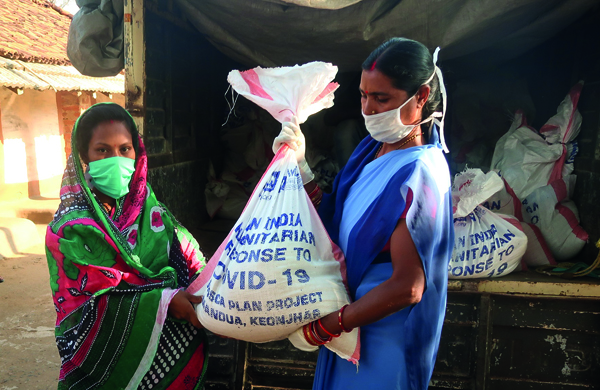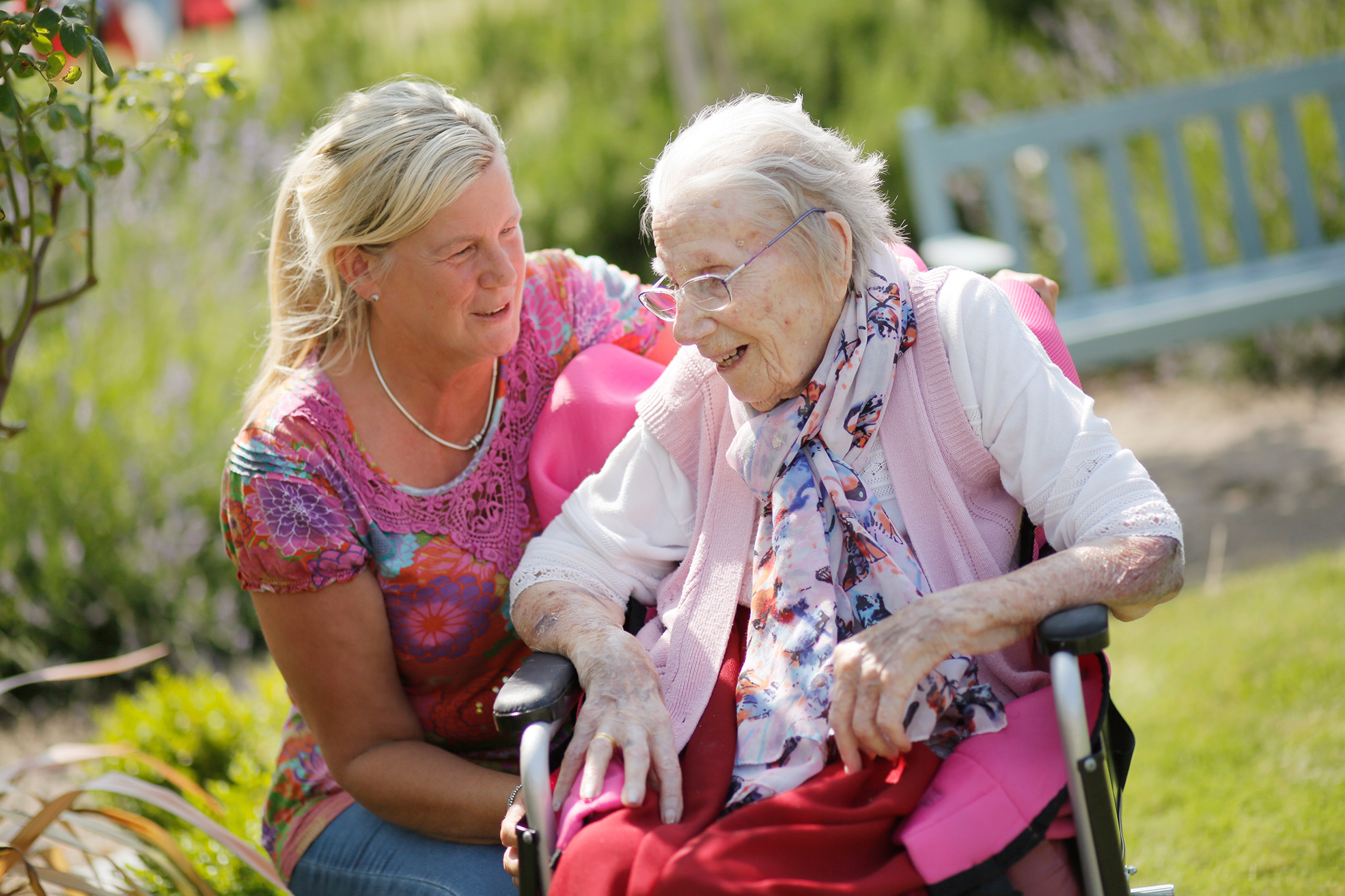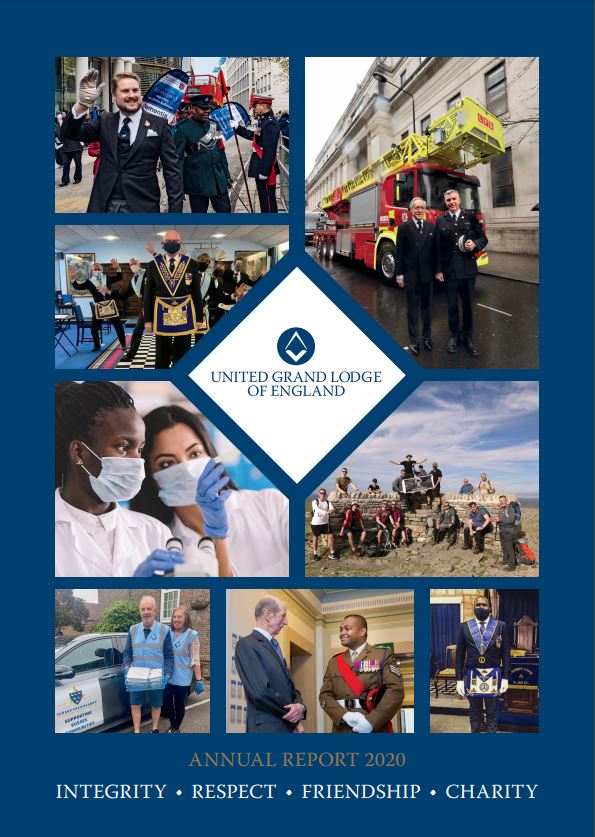24th May 2021
Emergency food for Indian families during pandemic funded by Freemasons

Photograph shows women from Odisha state receiving an emergency food parcel
Families and children experiencing severe poverty in India during the COVID-19 pandemic will be receiving vital emergency support thanks to a grant of £50,000 from Freemasons to Plan International UK. The £50,000 grant is enough to provide an expected 1,700 emergency food parcels for some of the most vulnerable families whose livelihoods have been affected during the pandemic. Health services across India have been overwhelmed by the latest wave of coronavirus, and Freemasonry, through the United Grand Lodge of England (UGLE) and Masonic Charitable Foundation (MCF), is responding with Plan International to support them by providing essential items, and training.
Hospitals across the country are reporting record-breaking daily case numbers, with oxygen for ventilators running scarce. A deadly transmission rate means disaster is unfolding for children, families, and communities. On Thursday 6th May 2021, there were more than 414,000 new confirmed cases as well as over 3,800 deaths. Sadly the country’s death toll is still dramatically climbing. In early May, India’s daily Covid-19 death toll accounted for half the total reported cases in the world according to the WHO. Five states account for over half of India’s COVID-19 cases: Maharashtra, Kerala, Tamil Nadu and Andhra Pradesh.
Deaths have been concentrated in urban areas, especially Delhi, Uttar Pradesh, Karnataka and Punjab. Millions of families have already exhausted their savings during a five-month lockdown across the country. Livelihoods and jobs have been lost, and families all over India are struggling to afford necessities like food, and the hygiene materials they need to stay safe. The collapse of savings coupled with food shortages mean thousands and thousands of children, especially girls, are going hungry.
Suffolk Freemasons contributed to the grant, from the Masonic Charitable Foundation, which is funded by Freemasons, their families and friends, from across England and Wales. Rose Caldwell, Chief Executive of Plan International UK, said: “We’re very grateful for this generous grant which will allow Plan International to reach families and young children in those parts of India hardest hit by the virus. It’s critical that we act now to provide this support to those most at risk”.
Rick Orme, Provincial Charity Steward said: “I’m very pleased we’ve been able to help Plan International with their relief effort in India. This is a desperate situation and Plan International and the other organisations responding on the ground need all the help and support we can offer.”
About the Masonic Charitable Foundation The Masonic Charitable Foundation (MCF) is one of the largest grant-making charities in the country. Funded entirely through the generosity of Freemasons and their families, the MCF awards millions of pounds each year to local and national charities that help vulnerable people, advance medical research and provide opportunities for young people. The MCF also helps to fund vital services such as hospices and air ambulances and regularly contributes to worldwide appeals for disaster relief. In total, MCF support helps to improve the lives of thousands of people every year in England, Wales and internationally. As well as providing grants to charities, the MCF supports Freemasons and their families with a financial, health or family need.
Visit www.mcf.org.uk


